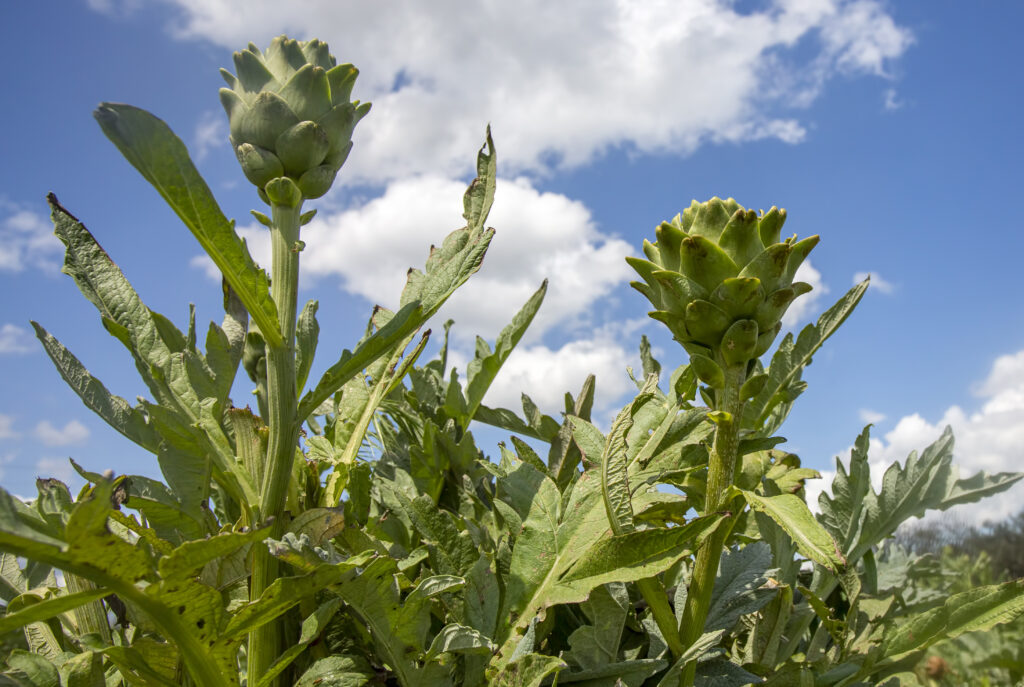Summary of Phenolic composition, antioxidant activity and mineral profile in two seed-propagated artichoke cultivars as affected by microbial inoculants and planting time
Microbial Inoculants Boost Artichoke Nutritional Value
Introduction: Enhancing Artichoke Quality with Beneficial Microbes
Microbial inoculants can significantly enhance artichoke growth, mineral uptake, and antioxidant content. This study explored two seed-propagated artichoke cultivars, ‘Romolo’ and ‘Istar’, evaluating their mineral composition, total phenolics, specific polyphenols, and antioxidant activity. Factors such as planting time and seed treatment with a consortium of arbuscular mycorrhizal fungi and Trichoderma atroviride were considered.
Planting Time Influences Antioxidant and Mineral Profiles
The timing of planting affected the nutraceutical properties of artichokes. Sowing in October reduced antioxidant capacity (DPPH and ABTS) compared to September. Cultivar ‘Romolo’ consistently showed higher levels of key minerals, including K+, Ca2+, and Mg2+. Early-planted ‘Romolo’ also accumulated greater amounts of 3-O-caffeoylquinic acid, 5-O-caffeoylquinic acid, and 1,3-di-O-caffeoylquinic acid in primary heads, indicating strong potential for superior nutritional quality.
Seed Coating Benefits: Boosting Polyphenols and Plant Health
Seed coating with beneficial microorganisms improved polyphenol accumulation and overall plant health. Coated seeds of ‘Romolo’ showed increased 3-O-caffeoylquinic acid, 5-O-caffeoylquinic acid, apigenin 7-O-glucuronide in primary heads, and 1,5-di-O-caffeoylquinic acid in secondary heads. These findings suggest that microbial treatments enhance antioxidant content while promoting resilient plant growth.
Practical Implications for Growers
Selecting the right cultivar, optimal planting time, and applying microbial inoculants allows growers to maximize both yield and nutraceutical quality. By integrating these practices, farmers can produce artichokes rich in health-promoting compounds, supporting functional foods and sustainable agriculture.
Publication: Food Chemistry









